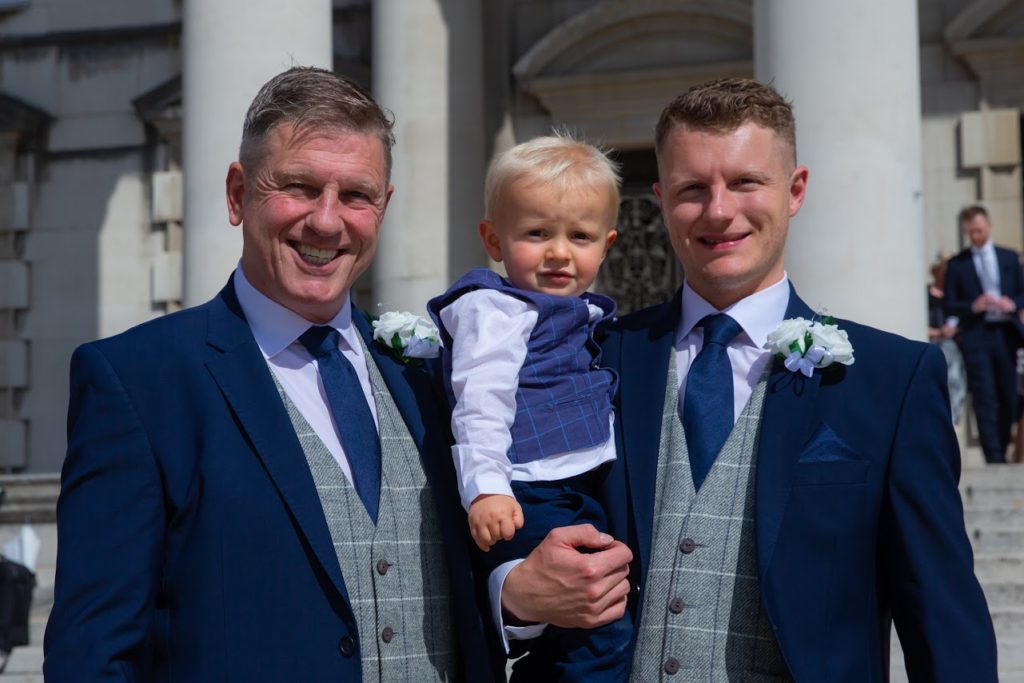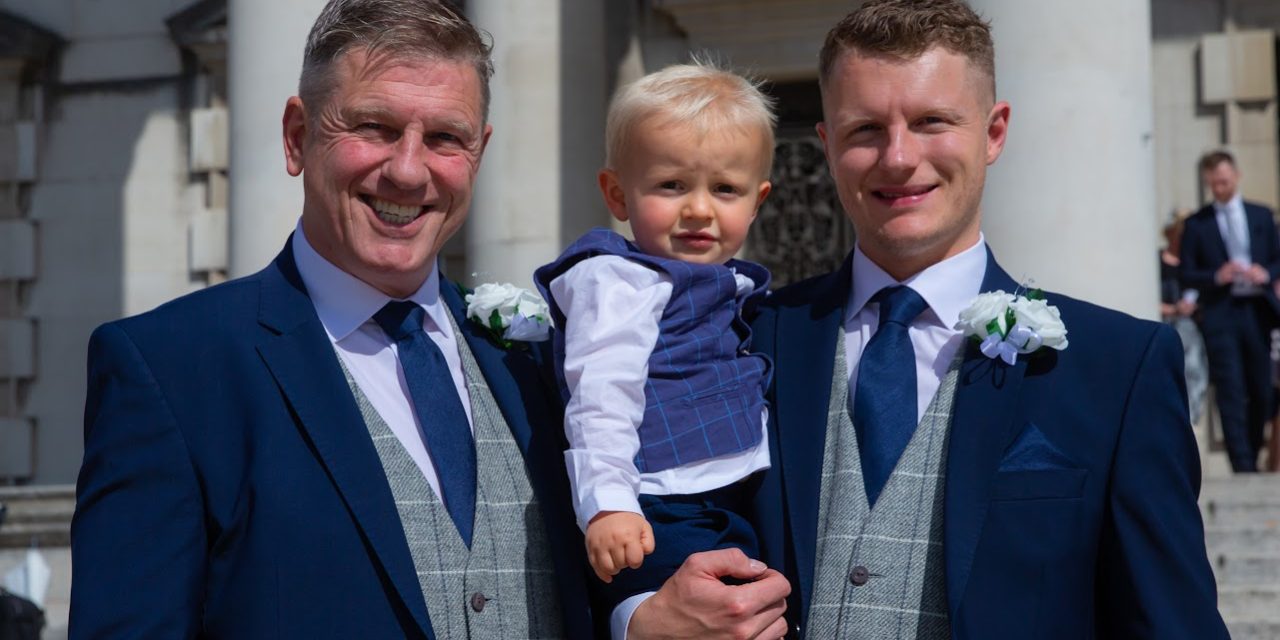My feelings are mixed about Father’s Day.
On one hand, like Valentine’s Day and Halloween, I think it’s primarily a way for businesses to generate cash. A so-called ‘Hallmark holiday’, with all the cards, gifts, meals and such that are purchased for the event
On the other, it gives families a reason to get together and enjoy themselves, which is hardly a bad thing. We always have a good time on Father’s Day, though it’s no different to many Sundays throughout the year.
But where did it all start?
From Biblical feasts to mining disasters to mass commercialisation, the history of Father’s Day is an interesting one.

Feast of St. Joseph
Since the Middle Ages, Catholics have celebrated the Feast of St. Joseph. According to Christian teachings, Joseph was the adoptive father of Jesus. So the observance became an opportunity to celebrate fathers and fatherhood. It still is in predominantly Catholic countries such as Portugal and Spain.
However, the Feast of St Joseph isn’t a huge part of British life outside the Catholic community.
So where did Father’s Day as we know it come from?
Disaster in America
As with many things in modern British culture, it started across the pond.
The very first recognised service dedicated to fathers was actually held following a catastrophic event in America that took the lives of over 350 men, most of whom were fathers.
In December 1907, in Monongah, West Virginia, the worst mining disaster in American history occurred. A huge explosion ripped through two extensive coal mines, killing virtually all the men inside.
Following the event, a woman named Grace Golden Clayton, whose father had recently died (unrelated to the mining incident), convinced the local pastor to hold a service honouring all the lost fathers and celebrating fatherhood.
While the service had little impact beyond the small community and was never repeated, it laid the foundations for a more lasting movement.
The Mother’s Day bandwagon
A woman named Sonora Smart Dodd, of Spokane, Washington, heard about the Monangah service. Her mother had died giving birth to her sixth child, so the family had been raised almost single-handedly by their father, William – a huge challenge at the time.
America had recently adopted Mother’s Day as a national celebration, and Sonora felt that fathers deserved their recognition too.
She pressed her case to local groups and gathered enough support to hold a service. She initially wanted Sunday 5th June as the date as it was her father’s birthday, but this was too soon for the church to make preparations. So the date of Sunday 19th June was set – a date that’s remained ever since.
This time, the idea took hold and several other services took place around America.
Money-maker
While Father’s Day gained some popularity, it encountered a lot of resistance on the grounds that it would become too commercialised.
This criticism wasn’t unfounded, as that was precisely what had happened to Mother’s Day – so much so that the founder, Anna Jarvis, spent most of her wealth and much of her sanity trying to reverse some of the corporate influence that had taken over the pure and sentimental spirit with which she founded Mother’s Day.
Indeed, much of the early promotion of Father’s Day came from commercial interests that stood to gain from it – card and gift manufacturers.
Furthermore, many resisted it because gifts and expressions of affection were seen as unmasculine.
Father’s Day comes to Britain
Father’s Day didn’t become big in the UK until after the Second World War. When it did, it was very similar to the American version. It took the same date and many of the traditions that we still see today.
And while it brings happiness to many families, it’s also a Brucie Bonus for retailers. It’s estimated that we Brits spend just short of a billion quid on Father’s Day last year.
So while today has certainly been enjoyable for us as a family, I’m not sure it’s necessary to have a designated day to celebrate your old man. Or grandad, step-dad, father-in-law, foster dad or any kind of father figure.
Why not just celebrate the amazing contribution fatherhood makes to kids’ lives and make a bit of time and effort for your old man all year round?







Recent Comments